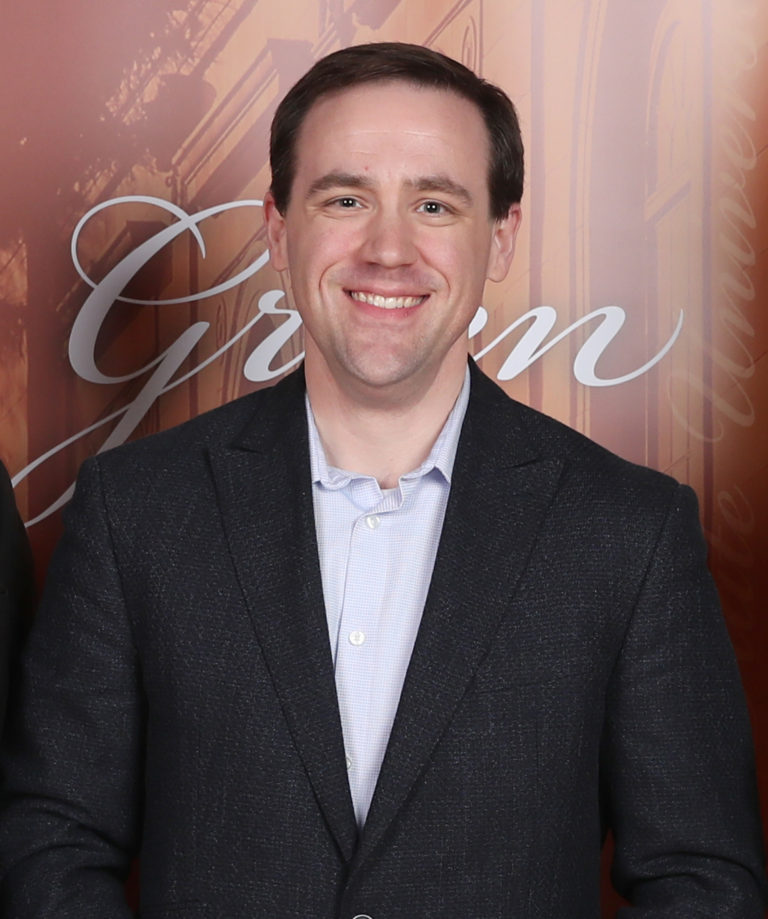 Some of you will be able to tell immediately upon meeting me that I am a Southerner. I hail from a small South Alabama town known as Fairhope, Alabama. Fairhope was founded by a Georgist splinter group in 1894. Georgists, if you don’t know, maintain that the deleterious effects of social inequality can be repaired largely through the public ownership and management of land, but they remain quite libertarian with respect to labor and capital; for this reason, Georgist settlers saw themselves as establishing a single tax colony. To this day, the Fairhope Single Tax Corporation owns much of the land within the old city limits. Given this history, I suppose it is fitting that I decided to become a political philosopher.
Some of you will be able to tell immediately upon meeting me that I am a Southerner. I hail from a small South Alabama town known as Fairhope, Alabama. Fairhope was founded by a Georgist splinter group in 1894. Georgists, if you don’t know, maintain that the deleterious effects of social inequality can be repaired largely through the public ownership and management of land, but they remain quite libertarian with respect to labor and capital; for this reason, Georgist settlers saw themselves as establishing a single tax colony. To this day, the Fairhope Single Tax Corporation owns much of the land within the old city limits. Given this history, I suppose it is fitting that I decided to become a political philosopher.
My grandparents and mother were educators in an area not terribly interested in education, my grandmother having earned a PhD in education at a time when most Southern women had probably never imagined the option. I love my home, but I was happy to leave. I graduated high school in 2000, leaving for Washington University in St. Louis to study physics. As you can tell, this did not last. I left Wash U a philosopher-in-training (with a PNP degree, no less!). I was lucky enough to spend a year from ’04-’05 studying philosophy of religion at St. Louis University in the philosophy department. I then transferred to Arizona, where I spent 2005-2011 learning from the grandmasters of contemporary political philosophy, including Dave, Tom and Jerry (not that Tom and Jerry). Jerry graciously took up the burden of advising me.
After I finished my PhD, I spent a year in Providence, Rhode Island as a post-doc at Brown University’s Political Theory Project. I now live in Bowling Green, OH where I’m an Associate Professor of Philosophy in BGSU’s philosophy department. I also direct BGSU’s program in Philosophy, Politics, Economics, and Law (PPEL).
I blog at Reconciled, where I focus on how diverse people can cooperate despite their differences. I am especially interested in reconciliation in philosophy, politics, economics, and religion.
